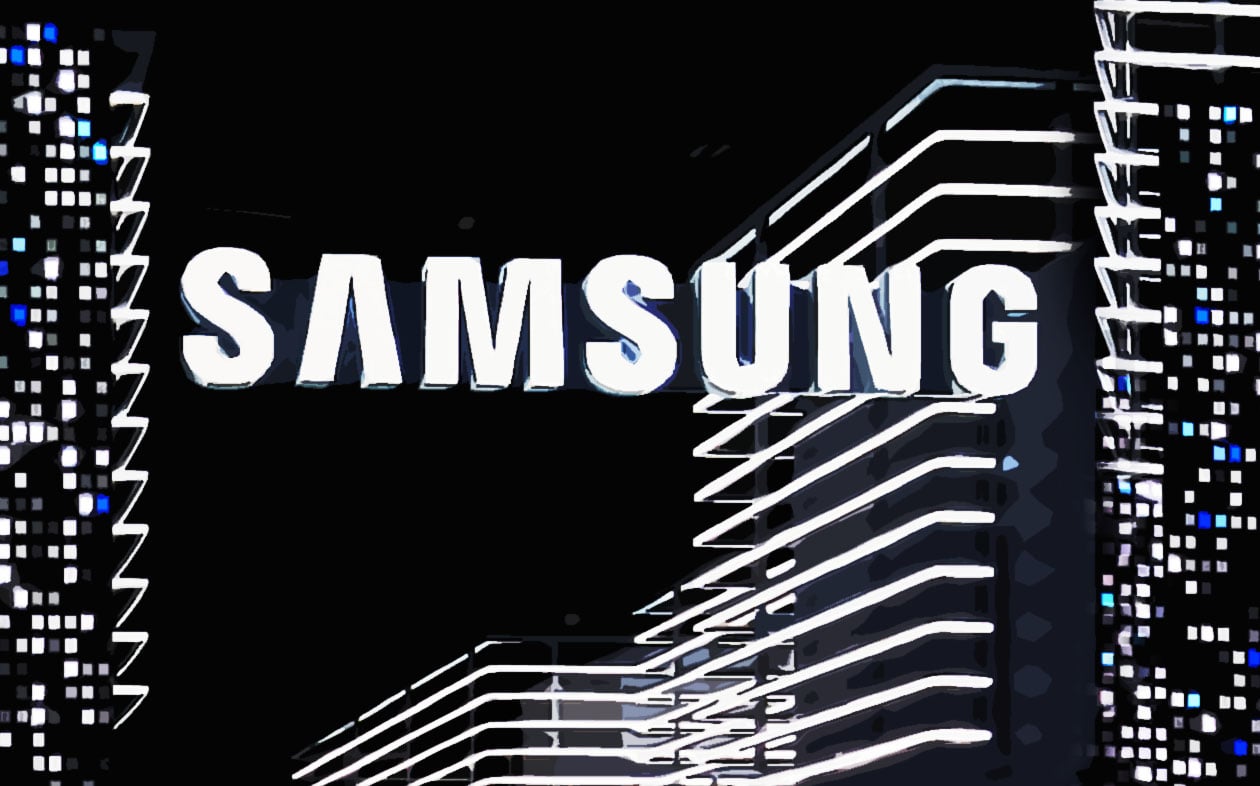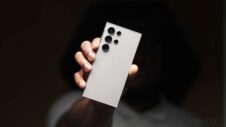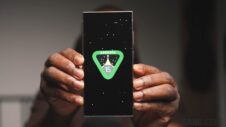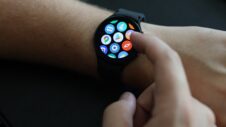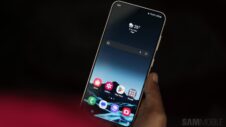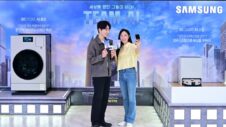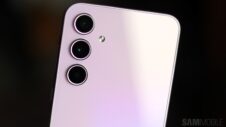The Japanese government's trade ban on key materials for semiconductor manufacturing seems to have had the unintended opposite effect on local suppliers. The Japanese media now reports that the trade ban has affected local suppliers who continue to suffer massive losses.
Meanwhile, the trade ban has helped South Korean suppliers grow their businesses and become competitive to the point where they can now supply the nation's leading semiconductor manufacturers without external help. According to data from the Korean International Trade Association, the value of hydrogen fluorite imports came to $9.38 million in 2020, down a whopping 74.2% year-on-year.
The exact reasons behind the trade ban have been explained in detail before, but in short, South Korea's Supreme Court ruled in 2018 that Japanese companies have to compensate individual South Koreans for forced labor during Japan's occupation of the country between 1910 and 1945.
The Japanese government replied by issuing a trade ban on key materials needed for semiconductor manufacturing, and of course, South Korean semiconductor giants such as Samsung have since tried to secure other supply channels for hydrogen fluoride, fluorinate polyimide, and photoresists.
Samsung has become less dependent on Japan
Since the trade ban was issued, South Korean suppliers have enjoyed tremendous success and they've reportedly matched the level of quality that was previously guaranteed by Japan's main suppliers. As a result, companies like Samsung Electronics are no longer as dependent on a single supplier from Japan.
According to unnamed officials from major South Korean chipmakers cited by The Korea Times, the decision to stick with local suppliers has nothing to do with the history of these nations or the nationality of vendors. Instead, these events have simply shown that a multi-vendor system is the best choice for South Korean semiconductor companies. The trade ban has also persuaded local suppliers to up their game and match the quality level of the world's best suppliers, and of course, this benefits the entire country and not just Samsung Electronics.
An unnamed official representing one of South Korea's biggest semiconductor players noted that local manufacturers wouldn't source from Korean suppliers just because they are Korean. If there are competitive local vendors in certain materials we would choose to source from them, but if not, we would seek overseas-based suppliers.
Samsung used to source silicon wafers from Japan's Sumco but that's no longer the case. These components are now being supplied by SK Siltron. Similarly, Samsung used to rely on Dongwoo Fine-chem — a subsidiary of Japan's Sumitomo — for hydrogen fluoride, but the company is now acquiring the substance from Soulbrain.
